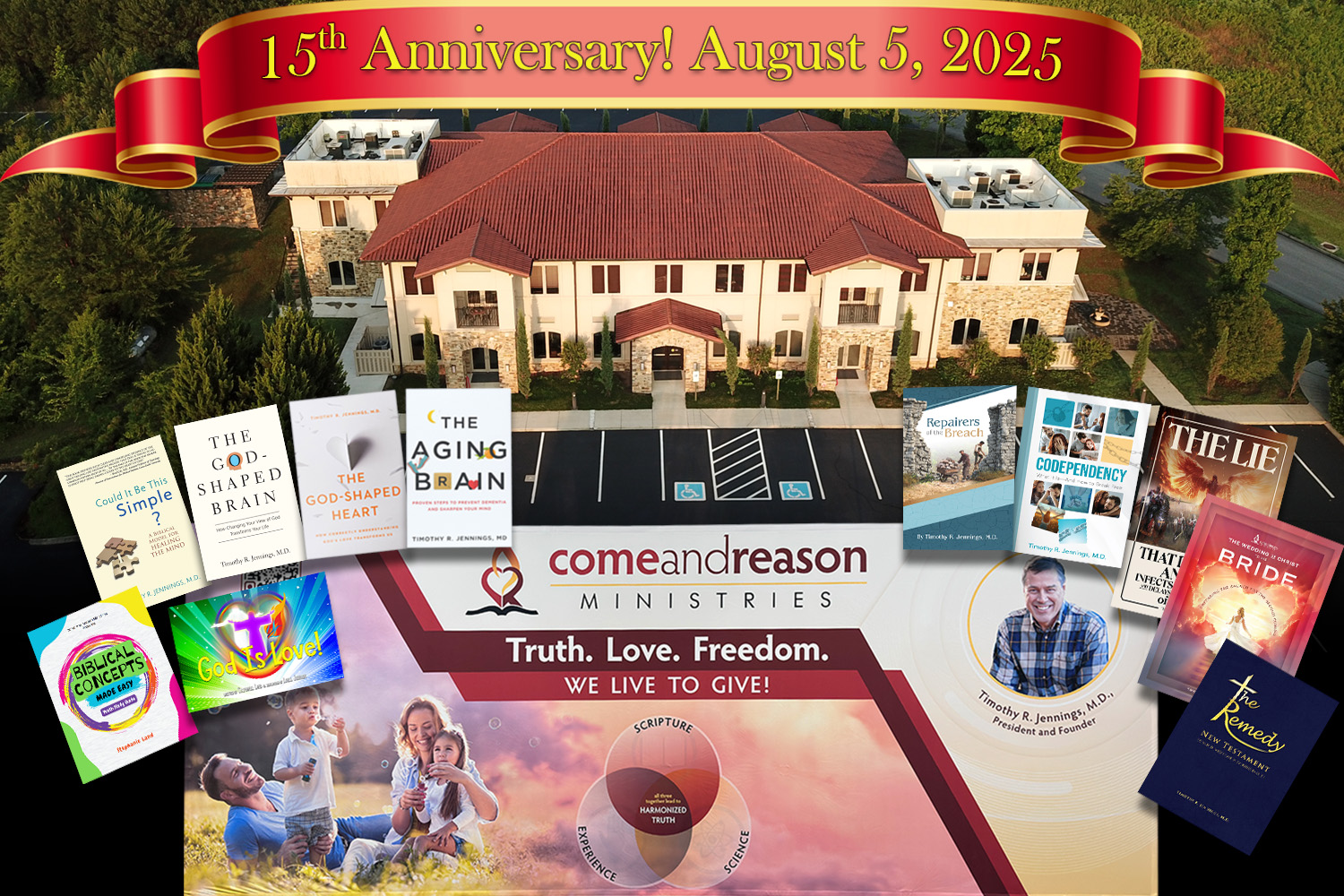I would like to know your thoughts in James 4:13-15. To me it seems superstitious when Christians qualify every day, ordinary appointments with a “God willing” or “God spares life.”
I know the author is talking about attitudes here, and I don’t think the words are to be used literally and superstitiously but rather to have an attitude of letting God guide our ways.
I thank God for your ministry. May God bless and protect you, and may you continue to lift Him up in every way.
Let’s first read the passage you have referenced:
Now listen, you who say, “Today or tomorrow we will go to this or that city, spend a year there, carry on business and make money.” Why, you do not even know what will happen tomorrow. What is your life? You are a mist that appears for a little while and then vanishes. Instead, you ought to say, “If it is the Lord’s will, we will live and do this or that.” James 4:13-15
Now that we know what the Scripture says, we must ask what does it mean? Several possibilities exist. Is the text suggesting that we become empty, non-thinking mannequins who wait idly by until God gives some explicit instruction for our actions? I have heard some people suggest such a thing, but I think not.
Imagine your child going away to college and each morning awakening and calling home and saying, “Mom, Dad, what would you have me wear today, the green or blue shirt? And is it your will I eat oatmeal or granola for breakfast today? You direct me because I always want to live in harmony with your will for my life.” If your child lived like this would you be happy? Or would you be concerned that your child has no individuality, no identity, no capacity to think and act for himself, and thereby no ability to genuinely love or appreciate anything? Likewise, God would not be happy for us to approach Him in such a way.
However, an error exists on the other extreme and that is in believing we, in our own human wisdom, can determine what course is best for our lives unaided by God. Such an approach reveals lack of trust in God and grandiose beliefs about self.
For the person who has established a trusting relationship with God, the truth is found in a balance in which we seek God for wisdom, understanding, insight, and guidance to learn His methods, principles and even, as He reveals them, plans so that we might intelligently participate with Him. Within that trust relationship we are responsible for carrying out our duties faithfully, while simultaneously trusting God with the outcome of life events.
We may have a desire, a wish, a dream, vision or want that we take before the Lord and have no direction from God that such a desire is out of harmony with His will. Yet, if we trust Him, we present our desire humbly, allowing for the reality that God knows the future along with multiple other parameters and possibilities beyond our awareness and therefore surrender our request to His will. Thus, we plan within the bounds of God’s methods, principles, and known will surrendering the success or failure of how things turn out to God’s will.
One author demonstrated it this way:
So utterly was Christ emptied of self that He made no plans for Himself. He accepted God’s plans for Him, and day by day the Father unfolded His plans. So should we depend upon God, that our lives may be the simple outworking of His will. — Desire of Ages, pg 208
Did Christ make no plans? Or did Christ make no plans for Himself? Does it make a difference if we are planning within the confines of God’s selfless, loving will, seeking to bless others with our lives or planning for “self”?
Jesus said in John 15:15 that he no longer calls us slaves but friends because slaves don’t understand their master’s business. Jesus wants us to understand Him and the Father, how they work, what they are trying to accomplish and cooperate intelligently with them, within the sphere of our influence, trusting God with ultimate outcomes.









 using your credit or debit card (no PayPal account needed, unless you want to set up a monthly, recurring payment).
using your credit or debit card (no PayPal account needed, unless you want to set up a monthly, recurring payment). instead?
instead?